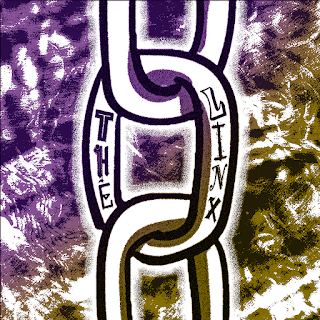Oh sweet November. The weather gets crispy, you’re seeing family for the first time in what may be months or even years. The music industry is beginning to slow down and switch gears to Year End lists and Christmas albums. This November we got to see Drake go full “real hip-hop” on us, producer Blockhead released a project showcasing the underground MC’s we hold near and dear, Kodak Black went fully off the edge and RXKNephew dropped another LP leaking at the edges with absurdities only Kool Keith could imagine. As rappers become more obtuse and the genre expands, finding someone who can to the line between being a pure spitter and exciting envelope pusher can be taxing. Over the last few years Wiki had been reinvigorated to take on such a role, as well as becoming a foundational pillar in the New York hip-hop community. He's the connective tissues that keeps traditionalists like Heems and Your Old Droog in conversation with the spunky upstarts from across the tristate in Papo2004, and DJ Lucas. Handfuls of songs have hit streaming and Soundcloud every few seasons, most of which packaged in full with a single producer tending to a particular vision. This month the former Ratking frontman released 14k Figaro produced in full by Tony Seltzer, who himself has dabbled across the city as a go-to producer for anyone on the dustier or more street side of the music. Music as a whole has been on a steep craze for brazzen nostalgia to the point new hits are just covers of old radio classics. While NY was king in the Y2k era that is the chosen home for our sentimental longings, artists from there have a built in advantage. The style of oversized jersey’s and Pelle Pelle jackets are easily found in thrift stores and flea markets, and the kings of old like 50 Cent and Jay-Z have DNA implanted so deep into the city's youth they can recite songs easier than the national anthem. Wiki might not dive into the physical aesthetics of post-9/11 Manhattan as hard as YL or Starker, but few songs play through without the wistful reminiscence of quarter waters or buzzing non-gentrified neighborhoods.
No fragment of his culture is left to the wayside; nothing from it deserves to be forgotten, his own story included. “Lilypad” is the clear eyed thank you to his mother and the haven that she raised him within, and it’s spiritual twin “That Aint Pat” focuses on his adversarious origin story as a rapper. Capturing the soul of his beloved hometown is what drives Wiki’s music. More important than the verbal photographs of summer days in the city that he etches into history, is for us to understand who the man is behind the words. So many of his contemporaries are intrigued to no end by restructuring the English language in their own image or making it be known first and foremost how dangerous they can be. Once upon a time he claimed to be the mayor of his town, but now presides on the side as a watchful older brother. Being a leader by example has always been an inherent piece of his character; learn from what he once did and strive for the truth of tomorrow like he strives. The duality of being the birds eye philosopher and the grounded OG in the world around his stoop makes him the cities most in tune anthropologist, and a gold standard for what being a rapper can look like.







No comments:
Post a Comment